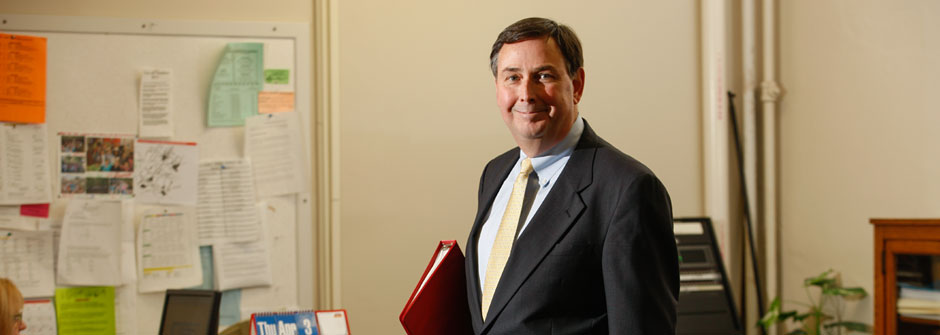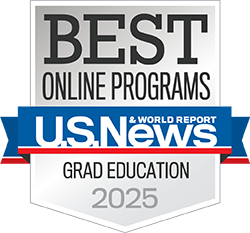
Department of Education Leadership Management and Policy
The Department of Education Leadership, Management and Policy is dedicated to developing aspiring and current leaders who support equity and justice through practice, research, and policy. Graduates pursue leadership roles in various organizations, such as public and private P-12 schools, higher education institutions, law enforcement agencies, and non-profit and policy organizations. The Department offers a robust portfolio of certificate, master’s, education specialist, and doctoral programs. Each program is individualized to meet students’ strengths and professional goals. Values like care, service, excellence, and visionary and ethical leadership are hallmarks of the programs.

Academic Portfolio
The Department offers a variety of graduate and certificate programs. View the listing of programs »
Location and Facilities
With six stories and more than 126,000 square feet of academic space, Jubilee Hall provides a home for the Stillman School of Business, the College of Human Development, Culture, and Media and the Departments of Political Science, Psychology, Public and Healthcare Administration, and Sociology and Anthropology. It contains 156 faculty and administrative offices and 30 teaching spaces, from seminar rooms that seat eight people to an auditorium seating 390. It also features a central, three-story sky-lit atrium where students and faculty can congregate informally. A major feature of the building is the technological capabilities it brings to the teaching and learning processes. These include fixed and flexible seating classrooms with the most contemporary information and distance-learning technologies that facilitate the transmission of lectures all over the world; laboratories with one-way observation mirrors; and classrooms with terminals for portable computers.

